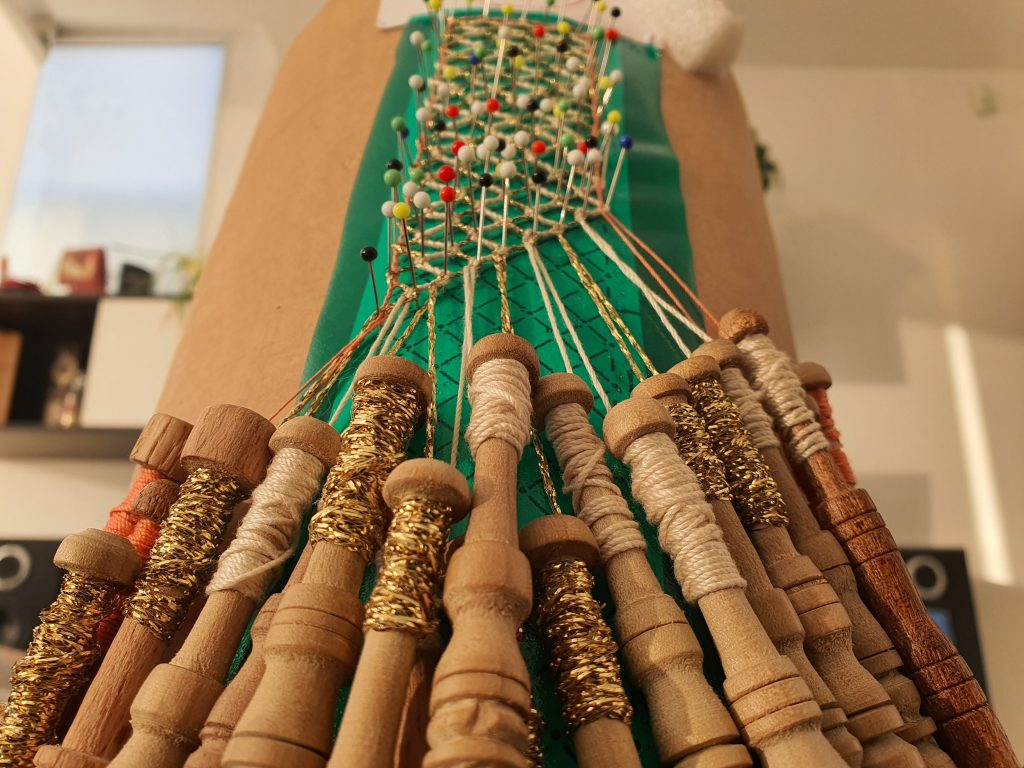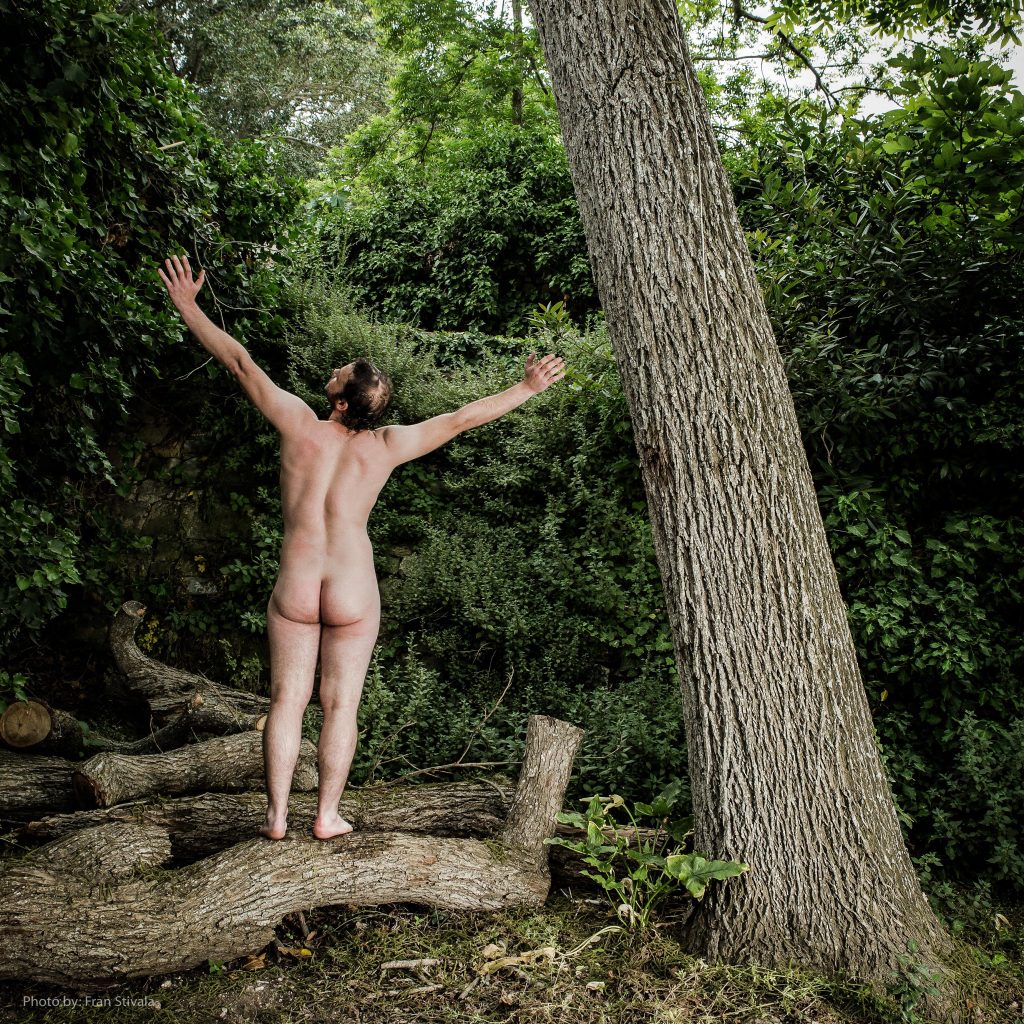
Women in Poverty and Social Exclusion – What is the root of the existing inequality between men and women?
Women are constantly fighting battles. Over the years, our fight has been shaped around various social aspects; from fighting for universal suffrage, to the fight against discrimination, violence and femicide; to other social struggles, including the right to be paid equally to men, for work of the same value and equal representation on boards, in Parliament and other key leadership roles.
One of the pillars on the United Nation’s agenda is the fight against poverty. We cannot not acknowledge the advancement both locally, and internationally with regard to the quality of life, however it is still a reality that there are people who fall within the margin of poverty line, and in some cases, women tend to be more exposed to poverty. It was reported by the UN in 2015, that women were more likely to experience poverty or social exclusion than men by 1.4 percentage points (the rate for women stood at 24.4 %, while for men it was 23.0 %). Even though we do not have a Roma community here in Malta, like we see in the EU institutions’ capital, and begging is out of the norm, it cannot go unnoticed that we still have people who are in the risk of poverty. And thus, that is why governments have to strive to protect such people in vulnerable situations, particularly during times like these where the Covid-19 pandemic has put the people in more risk.
Malta and the rest of EU countries have an ageing population. According to the national statistics office there are currently 89,517 persons aged 65 and over living in Malta by the end of 2017. It is being expected that by 2050 individuals over 65 years will constitute 26.5% of the Maltese population, which amounts to an increase of over 15.7%. When it comes to older women there is a higher percentage, especially women who have reached their pension age, the gap is very much higher where the average is 37.2% across the EU. This is due to the division of roles between women and men within the households.
In the majority of countries, the at-risk-of-poverty rate is higher among women than the at-risk-of poverty rate among men. The gender gap in poverty is higher among older age groups and reflects inequalities rooted in the labour market. Women have less chances to achieve an adequate pension due to lower employment rates, more frequent part-time employment than men, and lower wages.
What about single mothers? Between 1980 and 2000 there was an increase of childbirth out of wedlock which continued to double during 2000-2012 and continued to increase in 2013. Eurostat data from 2015 also tells us that almost 50 % of all single parents were at risk of poverty or social inclusion. Women are particularly effected as they make up almost 85% of all one-parent families in the EU. Single mothers are the breadwinner and caregivers for their children, which makes it difficult to balance – working full-time employment makes it difficult to take care of the children, meanwhile working in part time employment will make it difficult to sustain the family. In the long run, if working part time this will eventually impact the level of pensions they receive as it will be lower than the usual amount.
The cause of women at high risk of poverty are lower employment of women, wage gaps and intra-household distribution of resources guided by patriarchal values. To this list should be added unequal access to property, career interruptions due to lack of childcare, segregation in education and later in the labour market which leads to women occupying jobs that are less well-rewarded (i.e., jobs in social services vs. jobs in IT technologies), unequal share of duties related to the maintenance of household and family care, etc.
But what is the root of these inequalities? Basically, these factors that generate higher poverty of women are rooted in unequal power relations that are institutionalised in the key institutions of our societies: political institutions ( the EU-27 share of women among members of national parliaments is only 22%), economic organizations (in the EU-27 there are only 16% of women among companies’ board members) , but also in the sphere of private relations in households and families (women perform 77.1% of all domestic activities in the EU). These power struggles are deeply rooted in the norms and values of society and are reproduced through mechanisms of discrimination.
That is why the EU Commission’s proposed Directive on Women on Boards, led by the Maltese Commissioner Helena Dalli, and the Government’s effort to increase more representation of the under-represented sex in The House of Representatives are important. More women in decision making roles could shed light on these issues too.
Women need to be able to work to achieve financial independence and autonomy with this in mind the Maltese government has recently introduced new schemes and services with an aim to increase female participation in the workforce. The government implemented measures such as the provision of free childcare services, and in work benefits. Still a lot needs to be done especially to support lone parents. That is why I encourage the Government to also consider other initiatives such as the reduction of VAT on sanitary products and free contraception especially for those not in employment and at risk of poverty.
Are you experiencing gender inequality? Share your story with us…contact us or send us an email at [email protected]
The Women for Women Foundation aims to empower and support women and girls through the funding of education, emergency financial aid and the promotion of gender equality. It also seeks to invest in women short-term so they may improve their prospects long-term.

Mikela Abela, 24, from Malta, currently studying Health and Social Care Management and aspiring to continue studying Social Policy. Mikela has worked in a homeless shelter and also worked with vulnerable youths in helping them finding employment and get educational training, in order to reduce poverty and social exclusion amongst the young generation. In May 2021, Mikela submitted her dissertation which focused on homelessness in Malta.
Mikela Abela is also part of the Labour Youths (FZL Malta) Executive Committee whereby she occupies the role of HR officer. And also, a participant in the LEAD Programme.





